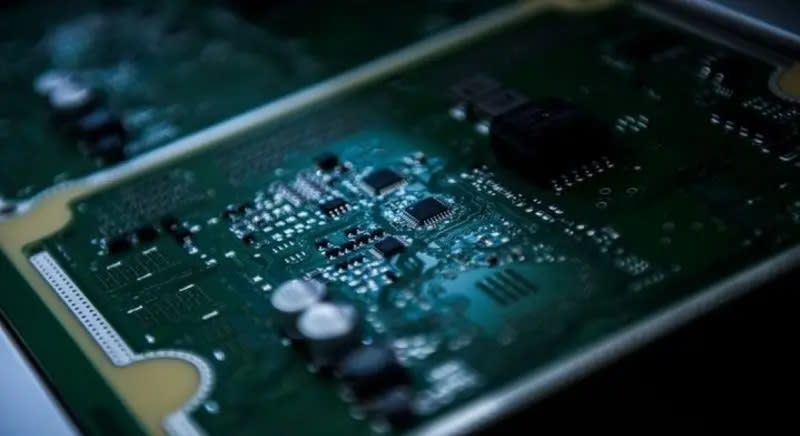DBS downgrades AEM Holdings to 'hold' after key customer Intel plans to reduce headcount

As at 4.26pm, shares in AEM are trading 42 cents lower or 11.44% down at $3.25.
DBS Group Research has downgraded its call on AEM Holdings to “hold” from “buy” with a lower target price of $3.19 from $5.88.
The downgrade comes after Intel, AEM’s key customer, announced its plans to reduce headcount in a bid to cope with the weakening demand in the personal computer (PC) market.
Intel had previously slashed its FY2022 non-generally accepted accounting principles (non-GAAP) capital expenditure (capex) guidance by US$4 billion ($5.75 billion) to US$23 billion in July.
The PC is one of the most affected device segments with shipments expected to drop by some 15% y-o-y in 2022. The weak PC market could lead to further capex cuts by Intel, predict analysts Ling Lee Keng and the Singapore research team.
“While FY2022 remains bright due to the ramp-up of next-generation handlers, the outlook for FY2023 grows increasingly murky as the global economy slows,” Ling writes in her Oct 13 report.
The prolonged weakness for Intel could ultimately affect AEM, which derives 60% of its revenue from the former.
“At the earnings level, contribution from Intel is higher as the other segments, including CEI Ltd, which AEM acquired in 2021, have generally lower margins,” Ling points out.
“In terms of shipment, the consumer device markets such as PCs, mobiles and tablets are expected to see a recovery only in 2024,” she adds.
Despite the near-term negativity, Ling believes that AEM’s outlook for the long-term remains strong with its structural trends intact.
“We believe AEM is well positioned to ride on the growing SLT (system level test) market that has benefitted from increased complexity of chips and increased test coverage requirements, alongside the need for advanced heterogeneous packaging,” she says.
However, due to the weaker outlook for AEM’s key customer, Ling has reduced AEM’s revenue forecasts by 1.7% for the FY2022 ending December and by 19.9% for the FY2023, while acknowledging that she is more cautious on AEM’s revenue and earnings growth.
Accordingly, Ling’s earnings forecasts for AEM have fallen by 1.6% and 19.7% for the FY2022 and FY2023 respectively.
“We roll forward our valuation to FY2023 and our target price is now pegged to 9x (vs 15x, +2 standard deviations or s.d. previously), at the five-year average P/E given the overall weaker macroeconomic outlook and a slowing global PC market,” she says.
As at 4.26pm, shares in AEM are trading 42 cents lower or 11.44% down at $3.25.
See Also:
Click here to stay updated with the Latest Business & Investment News in Singapore
Broker's Digest: Mapletree Industrial Trust, CSE Global, Emperador Inc, SPH REIT, EC World REIT
Maybank lowers ST Engineering's TP, net profit forecasts amid rising interest rates
Get in-depth insights from our expert contributors, and dive into financial and economic trends

 Yahoo Finance
Yahoo Finance 